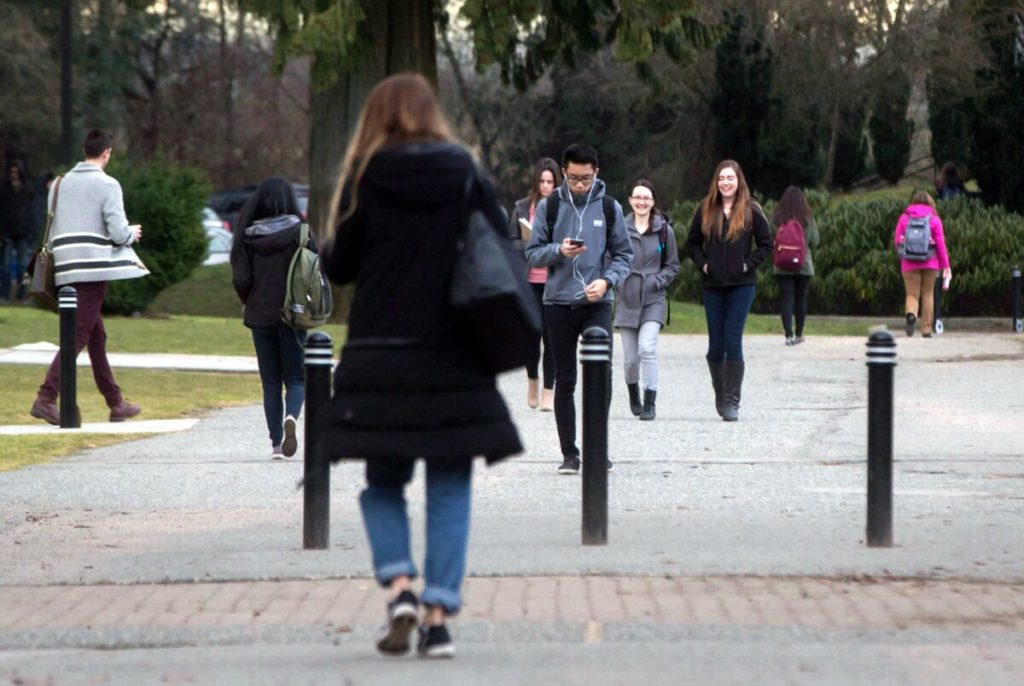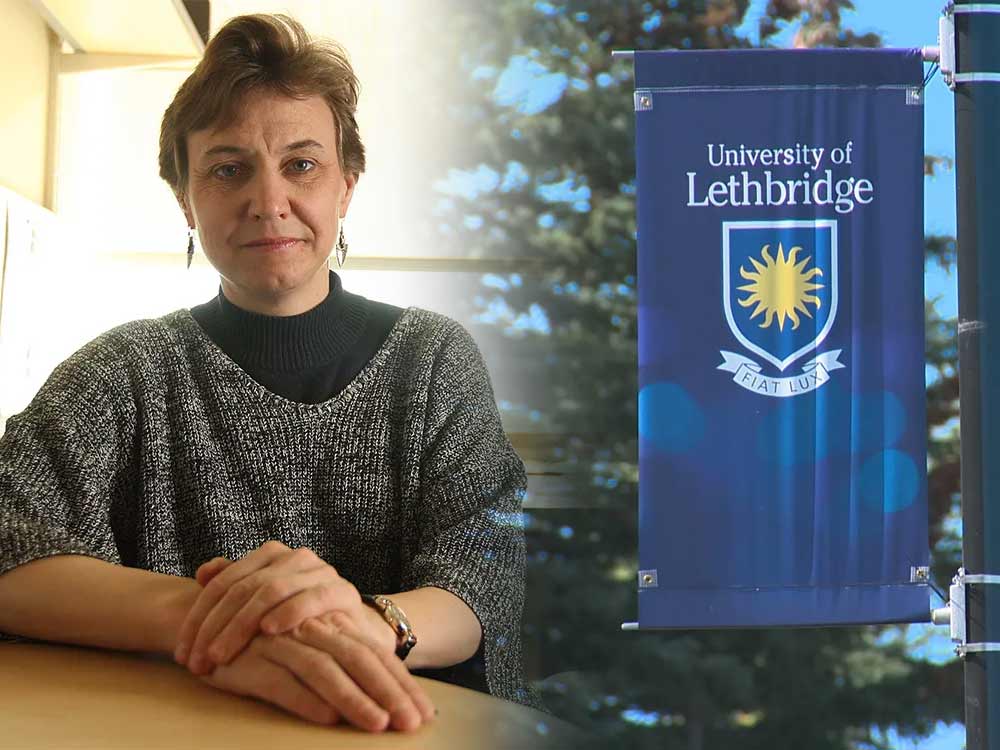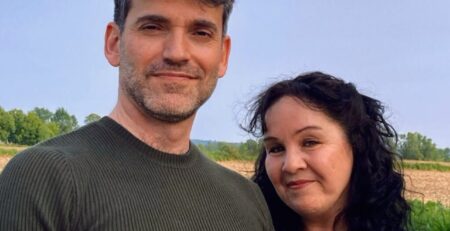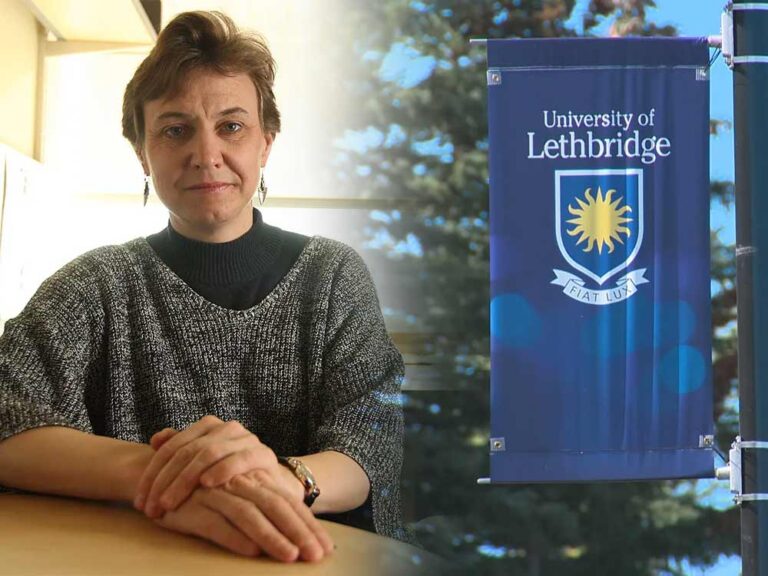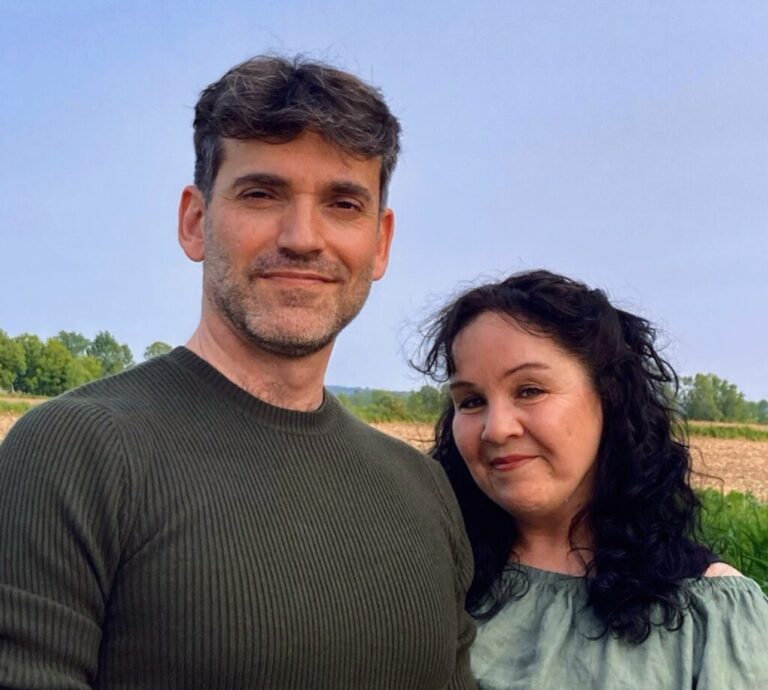Every university has a document or section of their website where they lay out their mission, vision, and values. They may also use terms such as “commitments,” “core beliefs,” or “guiding principles.”
The university’s statement of mission, vision, and values sums up who they are and what they do.
As one of the co-authors of the 2020 Campus Freedom Index, a report published annually by the Justice Centre for Constitutional Freedoms, I analyzed the mission, vision, and values of 61 public postsecondary institutions.
I found that 69 percent of Canadian universities expressly commit themselves to the promotion, celebration, and/or appreciation of diversity and inclusion, while a mere 21 percent bother with committing themselves to upholding free expression and open inquiry.
The University of Regina claims in their “Values”: “We are committed to creating and promoting equitable systems that foster diversity and inclusion for students, faculty, and staff. Through our adoption of a mainstreaming approach to equity, diversity, and inclusion (EDI), all people – including women, Indigenous peoples, persons with disabilities, visible minority groups, and members of LGBTQ2S+ communities – are integral members of our community.”
The University of Winnipeg claims it will promote “appreciation of diversity,” and the Ontario College of Art & Design University states that it will “nurture diversity and resilience, and practice equity, inclusion, sustainability, and respect for Indigenous voices and cultures.”
Diversity and inclusion are vague and ambiguous terms that often indicate an ideological commitment to and advocacy for cultural Marxism. This can manifest through ethnicity-based and gender-based hiring, promoting “decolonization” by vilifying Western culture, and stifling discussion on any issue that may cause a member of a “minority group” to feel “unsafe.”
Author and commentator Mark Steyn has said that diversity is not a virtue within itself; rather, it is morally neutral. His signature example goes like this: “A group of five white upper-middle-class liberal NPR-listening women is non-diverse; a group of four white upper-middle-class liberal NPR-listening women plus Sudan’s leading clitorectomy practitioner is more diverse but not necessarily the better for it.” We can Canadianize the example by replacing “NPR” with “CBC.”
Free expression and open inquiry, on the other hand, are principles the university was founded upon. The freedom to seek truth, openly question the world around us, and discuss all topics no matter how uncomfortable they are is what the university is about—or at least should be, and used to be.
Some universities, like the University of Waterloo, appear to understand this: “The University of Waterloo mission is to advance learning and knowledge through teaching, research, and scholarship, nationally and internationally, in an environment of free expression and inquiry.”
Yet most universities prefer to deploy buzzwords like “diversity” and “inclusion” and abandon the very values they were created to uphold—free expression is no longer even worth paying lip service to.
This year, the 2020 Campus Freedom Index saw free inquiry being shut down in the name of diversity and inclusion.
In June, Brock University professor Tomáš Hudlický wrote an article for the German-based journal Angewandte Chemie titled “A Reflection on the Current State of Affairs.” The article was retracted because it criticized diversity-based hiring practices and spoke positively about “master-apprentice” working relationships between professors and graduate students.
Brock Provost and Vice-President Academic Gregory Finn released an open letter on the matter to publicly flog Hudlický: “The statements contained in the paper are not representative of the Brock community. They are utterly at odds with the values of Brock’s deeply committed research mentors, and all those working hard to build an inclusive and diverse community. They do not reflect the principles of inclusivity, diversity and equity included in the University’s mission, vision and values as approved by our Senate and Board of Trustees.”
Even the Natural Sciences and Engineering Research Council of Canada chimed in, saying, “As the heads of Canada’s federal research funding agencies, we wish to be explicit in stating that we do not support the deplorable views on equity, diversity and inclusion (EDI) represented in this paper.”
What is truly “deplorable” is that only a small minority of Canadian universities see free inquiry and expression as central to their institutional purpose.
“Diversity” itself is a concept free of moral value, and when paired with “inclusion” it makes for a buzzword term that uses its inherent vagueness to conceal its ideological ambitions.
Shamefully, the majority of Canadian universities find it more expedient to reference the “diversity and inclusion” platitude and snub the truly meaningful values of free expression and open inquiry.
Lindsay Shepherd, The Epoch Times

